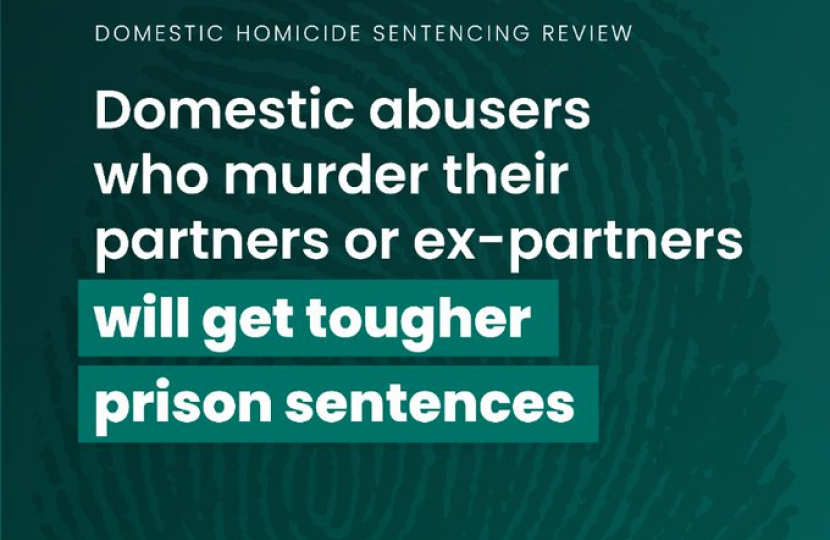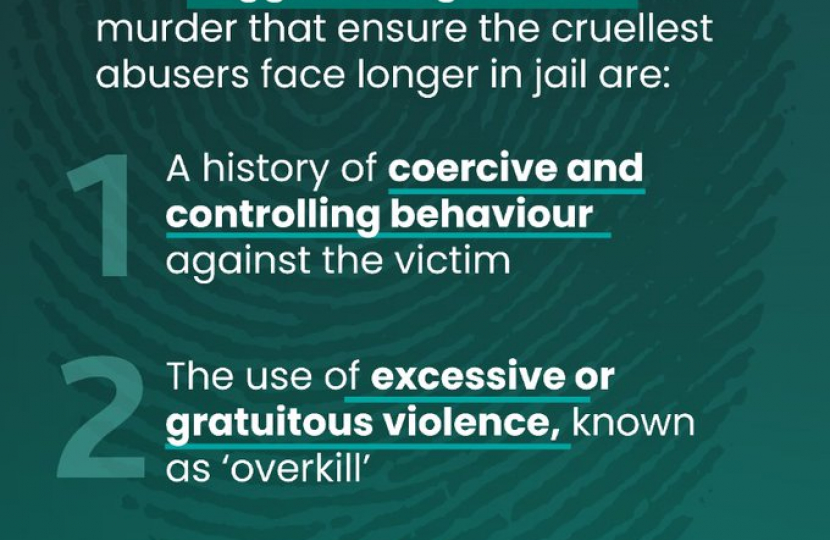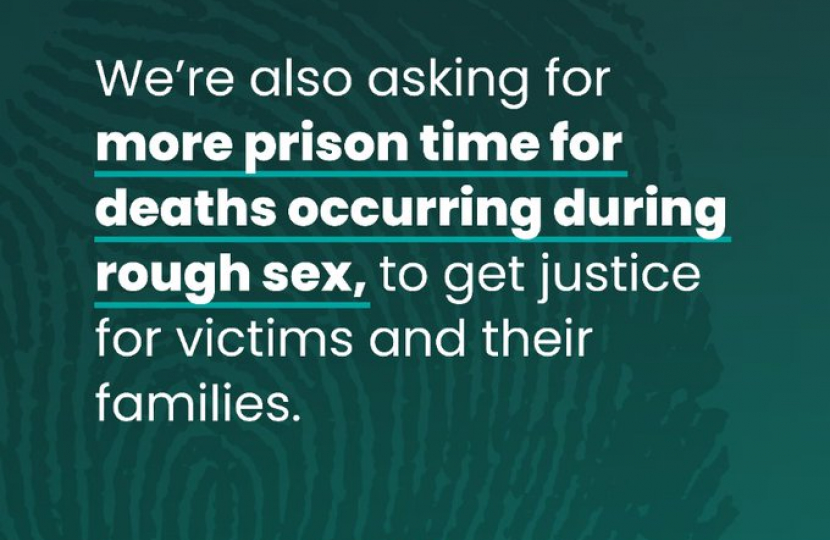Local Member of Parliament, Robert Halfon, has welcomed the Government’s new plan to toughen sentences and ensure domestic killers spend longer in prison. New legislation to create ‘aggravated offences’ will ensure the cruellest abusers spend longer in jail, delivering justice for victims and their families.
This new plan comes just weeks after Robert welcomed the Government’s announcement to crackdown on domestic abuse offenders, including dramatic improvements to how domestic violence, including coercive and controlling behaviour, will be tackled across the country. There will be a change to the law to put physical and emotional abuse on the same level, with more powers for the police to actively manage offenders. More information on these plans is available here.
The new measures announced will:
- Impose tougher sentences on domestic abuse offenders who inflict excessive or gratuitous violence on their victims, or use coercive and controlling behaviour.
- Ensure domestic killers who murder spend longer in prison by tightening sentencing guidelines, giving the courts more power to keep offenders off the streets.
- Review the sentencing guidelines to end the ‘rough sex defence’ and increase the prison time for offenders.
Mr Halfon welcomed the announcement on tougher sentences, commenting, “Everybody should feel safe at home and there is no space in our community for domestic abuse or violence.
“I have passionately campaigned for better protection for victims of domestic abuse and more power to tackle offenders. The Government’s plan to toughen sentences and crackdown on domestic abuse offenders and murderers will go a long way to deliver more justice for victims and their families in Harlow and across the country.”
Deputy Prime Minister, Lord Chancellor and Secretary of State for Justice, Dominic Raab said: “This government will do everything we can to protect vulnerable women, and keep in prison for longer those who attack or threaten them.
“The changes I am announcing will mean longer jail sentences for those who kill women in the home, by taking greater account of the specific factors involved, whether it is controlling and coercive behaviour or cases involving particular savagery known as ‘overkill’.”



